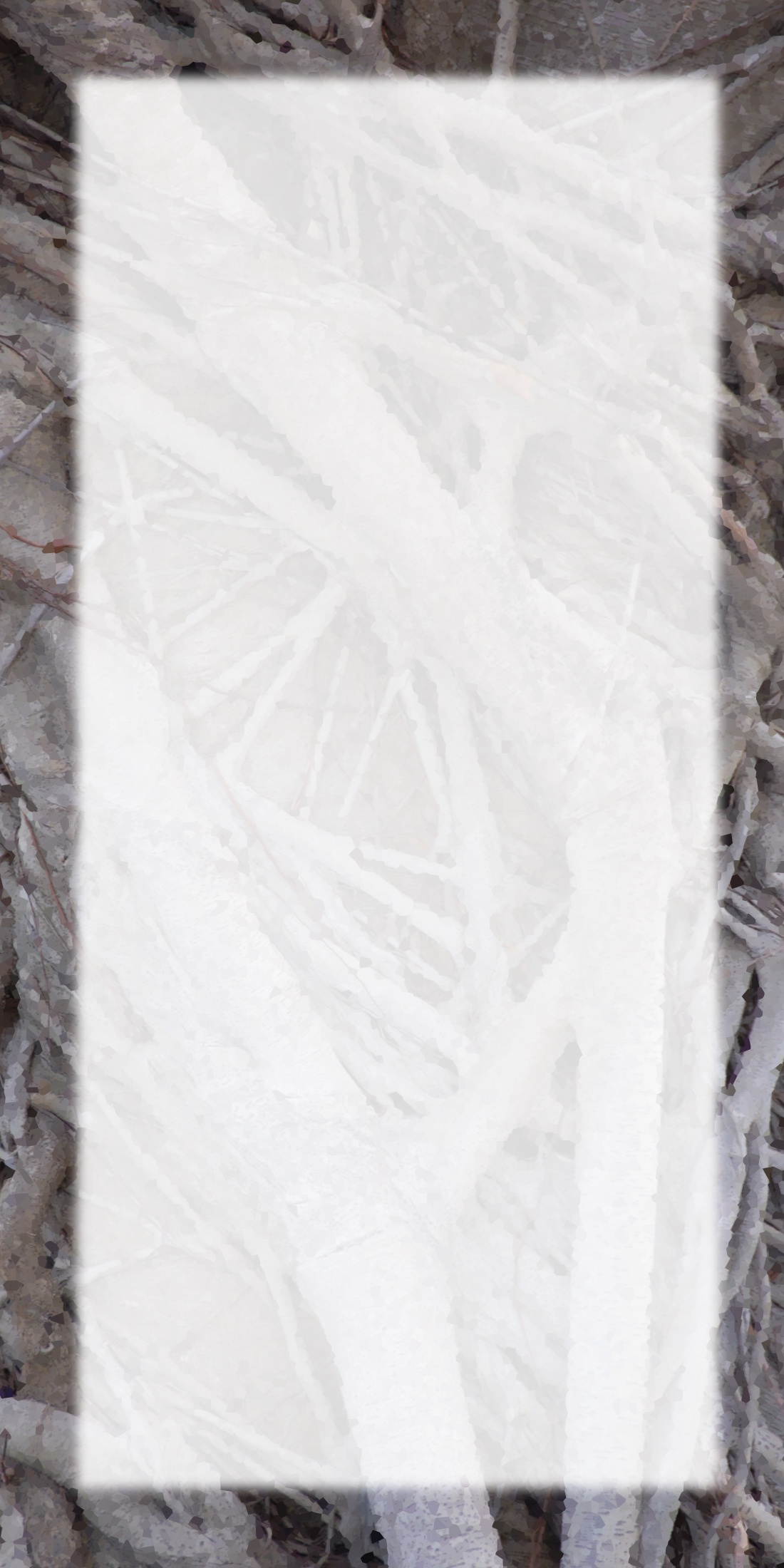"Tines" by Russell Bittner
I notice that Alice is fidgeting. But I want to pursue this new knowledge and decide to try a different tact just to see if it might produce a different reaction.
“I was looking at the moon last night,” I say. “At the man in the moon.” My father leans forward in his chair. “Sometimes, I’d look away. Then I’d look back again. Other times, I’d just blink. And each time I looked again, the man in the moon had a different expression. Sometimes he looked happy. Sometimes, sad. Or surprised, or disappointed, or even confused. The more I looked at his eyes, the more wrinkly they got. Mostly, around his left eye. It looked like he had a black eye, or maybe a scar. Do you suppose he was ever a boxer,” I finally ask with what I know even now to be a stab at something adults call ‘irony.’
My father smiles at this second exhibition of my shiny new spurs.
“Cosmic debris,” he states flatly. “The man in the moon is always boxing with cosmic debris.”
I look at him in complete confusion and think for a moment he might be speaking French – as he sometimes used to do on holidays.
“It’s the stuff that flies through the night – the stuff you can never anticipate. That even the man in the moon can’t anticipate, and so he just takes it on the chin. You can’t plan for it. You can’t build a defense against it. It just happens.”
I continue to look at him and wonder when I might finally be allowed to resume.
“Sorry,” he says. “‘Just rambling. Go on.”
“What I wanted to ask,” I start in again, “is why the man in the moon always seems to be changing his expression.”
My father looks at me and begins to squeeze his chin like a wet sponge. What I saw earlier in his eyes is now gone as he struggles to find his fatherly voice of authority. Finally, and entirely out of character, “I don’t know,” he says. “But maybe we can work on a theory. Whaddya say?” he suddenly lays on the Brooklynese like the phony-bologna it is. I shudder.
We are saved by my mother’s announcement of dinner. “Soup’s on,” she shouts from the kitchen.
Alice and I take our places at the table. My father, of course, is already sitting, and the three of us now turn our attention to why we’re about to give thanks in the first place. On one side of the table stand various zakuski; on the other, Vorspeisen. In between, like a happy Maginot Line (and every bit as porous) stand two bottles of French wine, one red and one white, a pepper mill and candelabrum. We can choose – if little hands care to pass through that line like intrepid soldiers – from the one side: Rotkohl; Sauerkraut; plain, unadorned herring; asparagus wrapped in Westphalian ham; coleslaw with walnuts and raisins; thinly sliced pieces of Kasslerrippchen. From the other side: sturgeon caviar and salmon roe; smoked pike and whitefish; selyodka swimming in waves of oil and vinegar with little onions like whitecaps; also maslo and pashtet iz seldi; pirozhki; vinegret; and an assortment of other salads.
In my view, the Russians clearly have the advantage. And yet, in an effort at culinary détente – my mother’s transparent attempt at a Molotov-Ribbentrop treaty – lie side by side and on one plate what she calls Buterbrodi and what my father calls Butterbrötchen. Her version, with red caviar looking like tiny red balloons; his, with plain butter – each slice standing like a smart little ship with a creamy golden delicacy in its cargo.
***
Ah, I remember thinking to myself at that precise moment, though quite in petto. This feast, this festivity, this happy, happy thing called Thanksgiving!
That feast – no word sums it up more succinctly – was regaling from atop white lace on top of ecru-colored holiday linen, all of which I now understand to have been left over from a previous era in which my parents had conclusively disposed of a disposable income.
***
My father stands up, reaches for the bottle of white wine, and walks to my mother’s end of the table.

